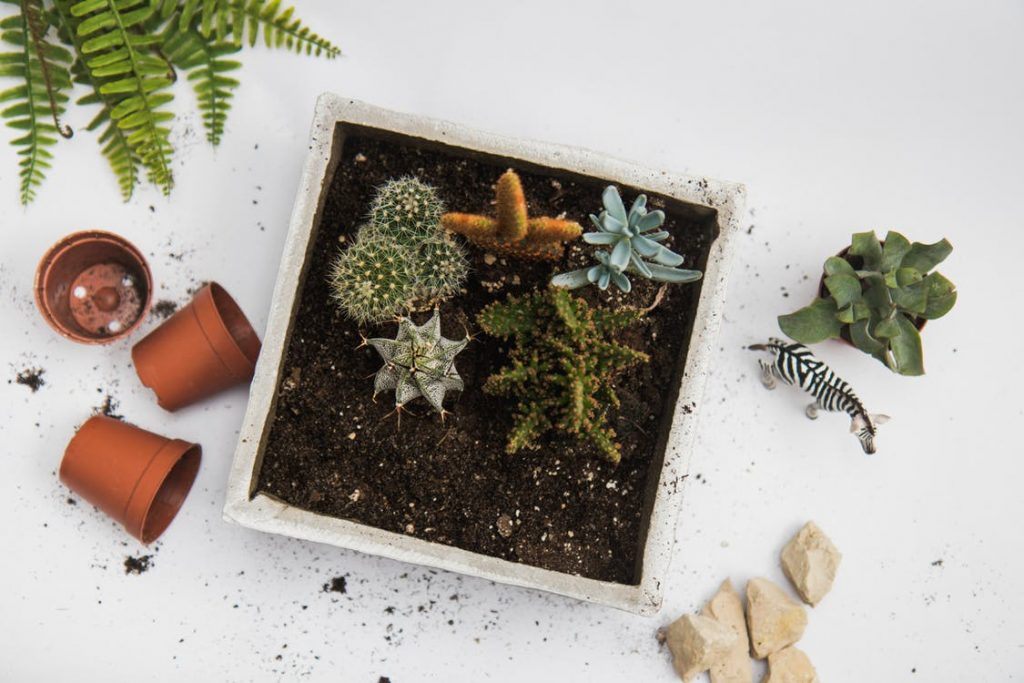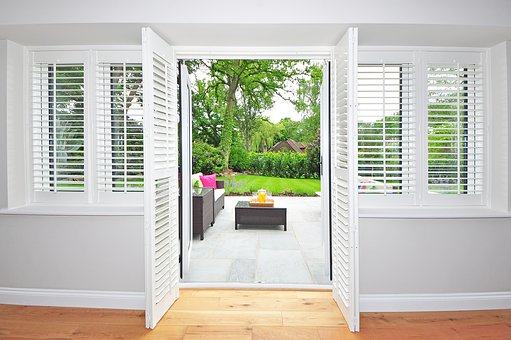Pets are a good company that can help fill up the emptiness by being a source of comfort. Owning a pet has shown to decrease psychological issues such as depression, stress, and anxiety. They are a good way to past time and are usually considered a part of the family.However, owning a pet can be troublesome if you plan on having a garden as well. The pets would disturb the garden, and the garden could have some harmful things that can affect the pet, but fortunately, some pet owners tend to successfully own a garden and their pets are also in a good condition. Here are some tips they’ve shared on pets and gardening, 1. Get rid of lilies and other toxic flowersDecide on the type of plant you are going to grow after conducting a lot of research on how it would affect your pet. For example, lilies and their pollens are toxic for cats when it’s eaten or when it gets on the fur. So, ensure that you do a thorough research before you plant anything in your garden.2. Control PestsPlants tend to get affected by pests most of the time, this would decrease the quality of growth and can infect your dog as well. Ticks and fleas can be present in tall grasses, so you should take some measures to decrease the number of pests in your garden.

Always inspect your pet for fleas and ticks around the ears and face and trim your buffalo turfs regularly.3. Provide shadePets are very active and would tend to go out and play. But if you are from an area that gets heated up pretty fast, then consider putting up a shady spot for your pet, something like a pet house or tall trees would suffice. Moreover, keep in mind that some plants don’t adapt well for warm climates, so if your lawn doesn’t grow well, it could be because it cannot withstand the weather and not because of the added shade. For example, if you live in Brisbane, then find out the best turf for Brisbane instead of trying to grow something that won’t suit the weather.4. Store the tools safely Don’t keep any tools lying down on the ground, pets are naturally curious about everything in their surroundings, so they can accidentally harm themselves while “playing” with the tools. Furthermore, restrict access to the garden if you’ve just applied pesticides or other chemical products. Most products are pet safe but you never know what could happen.




.jpg)